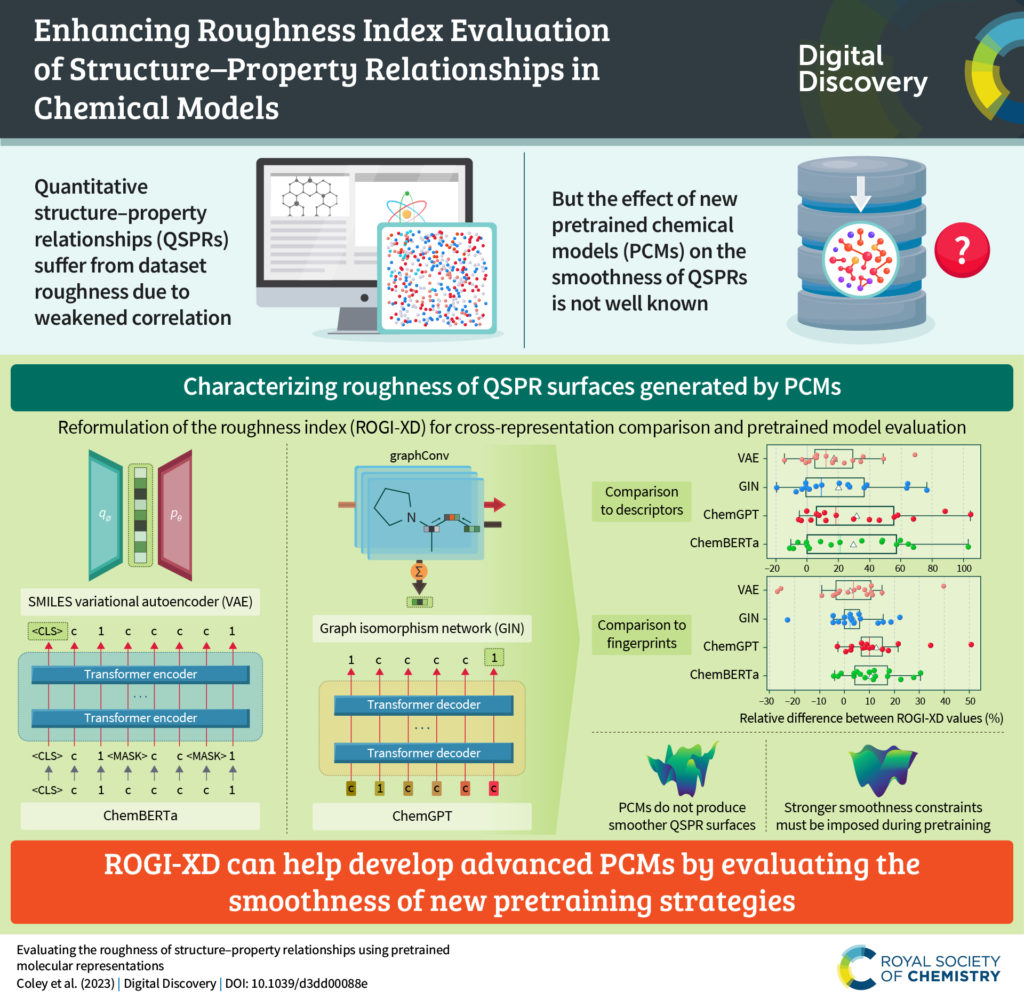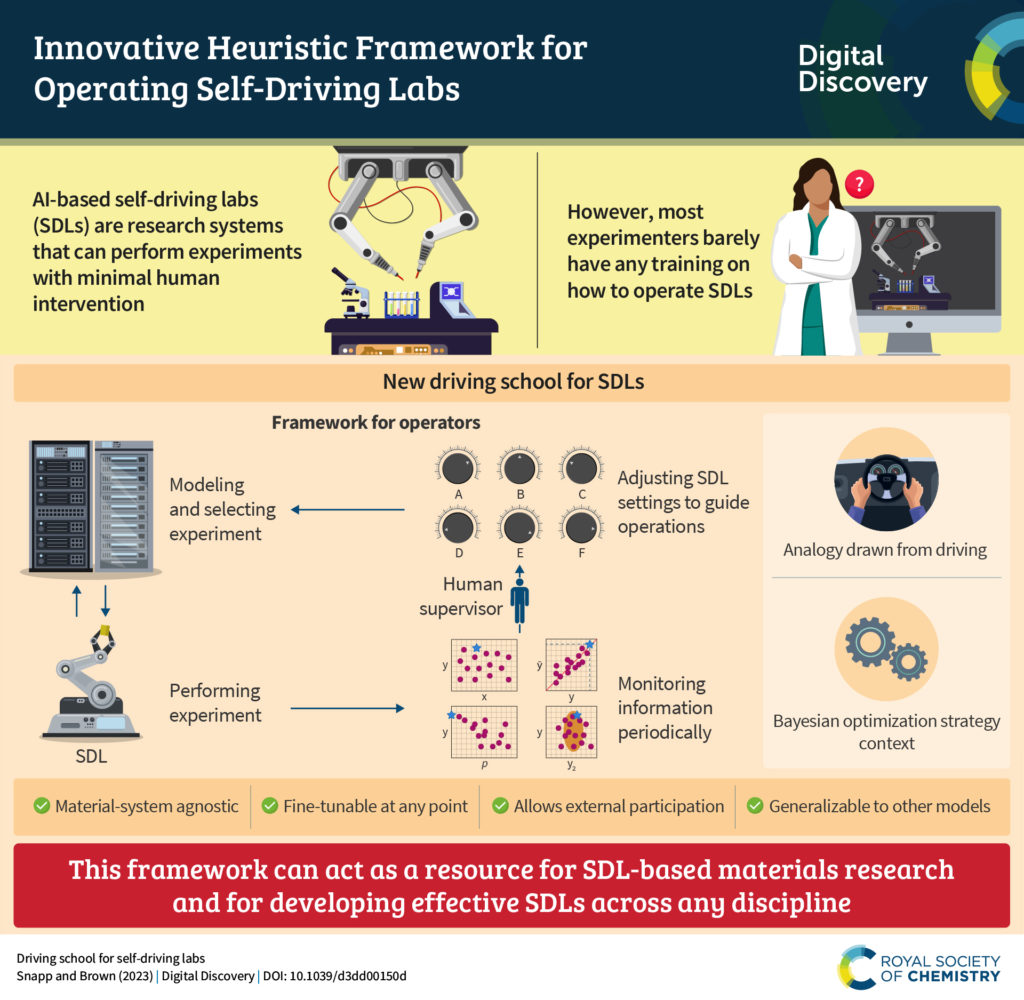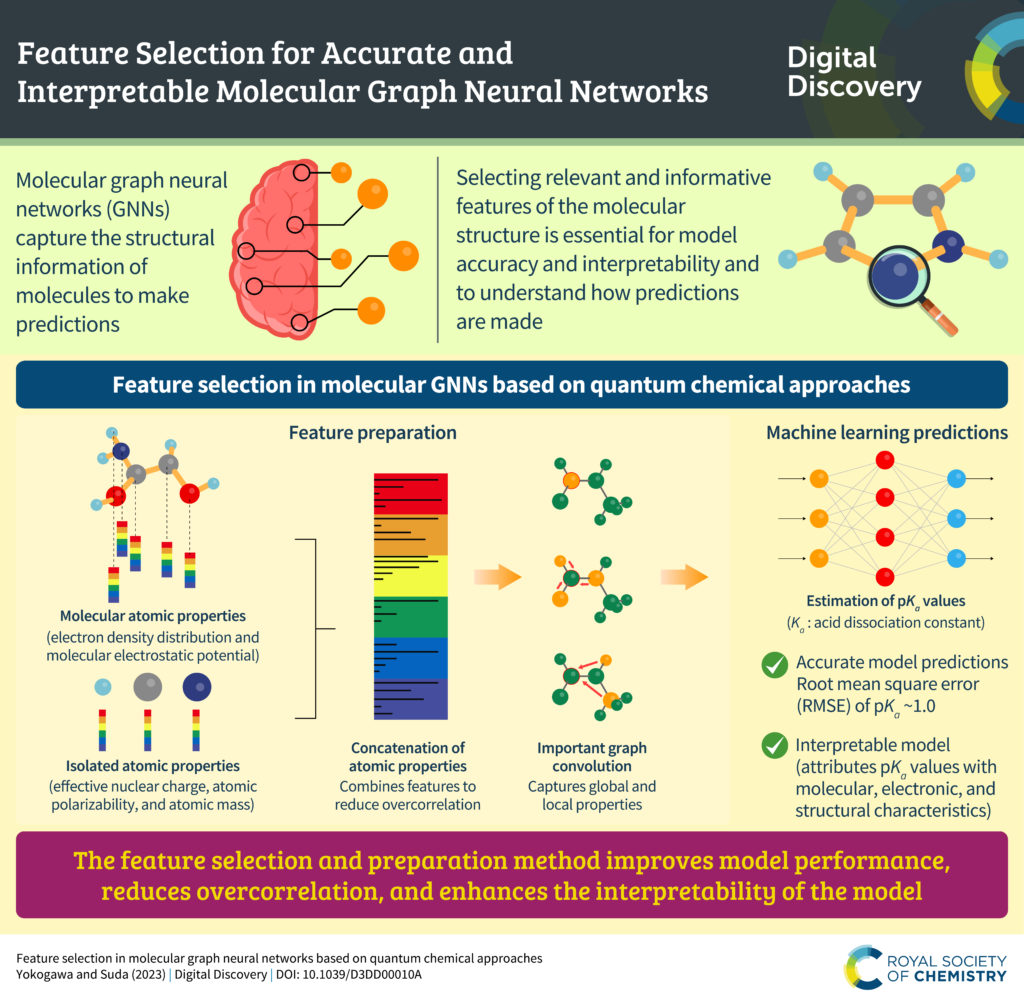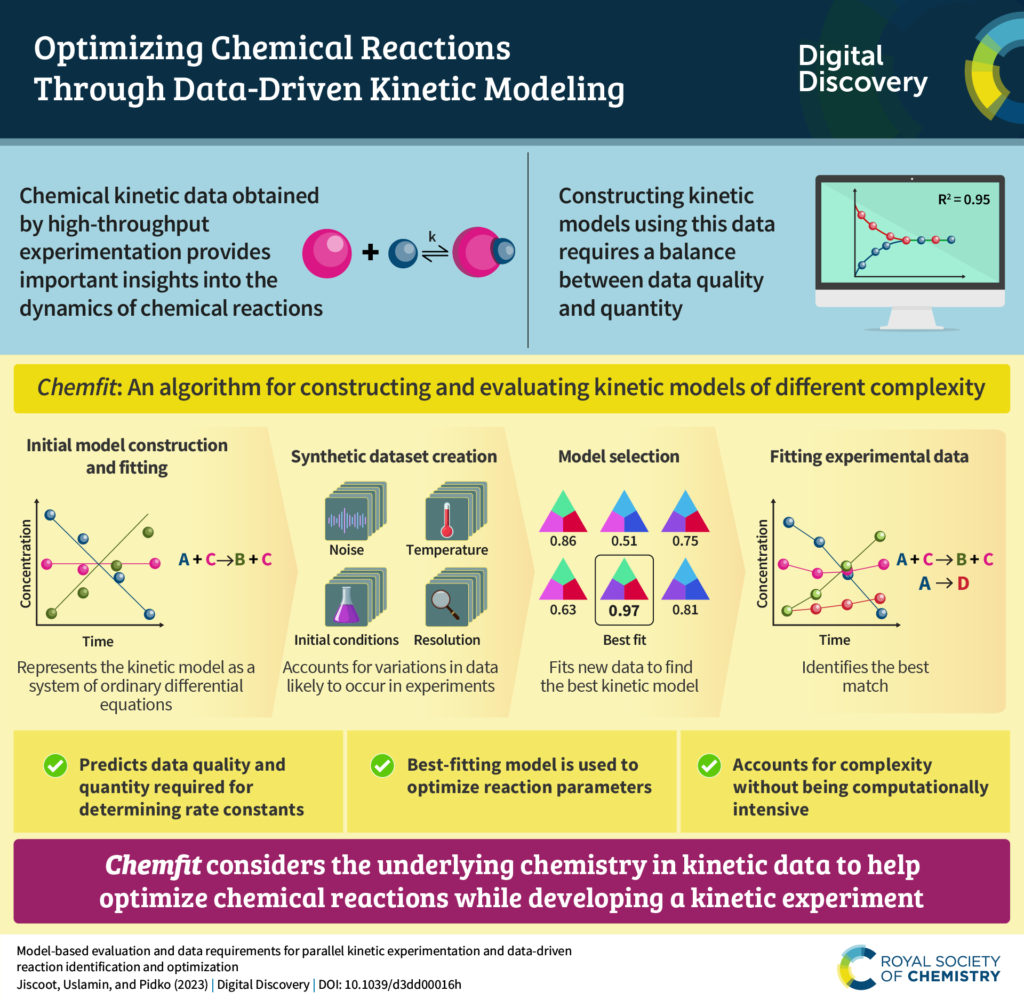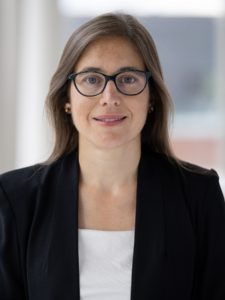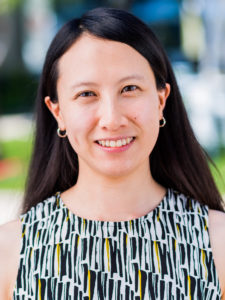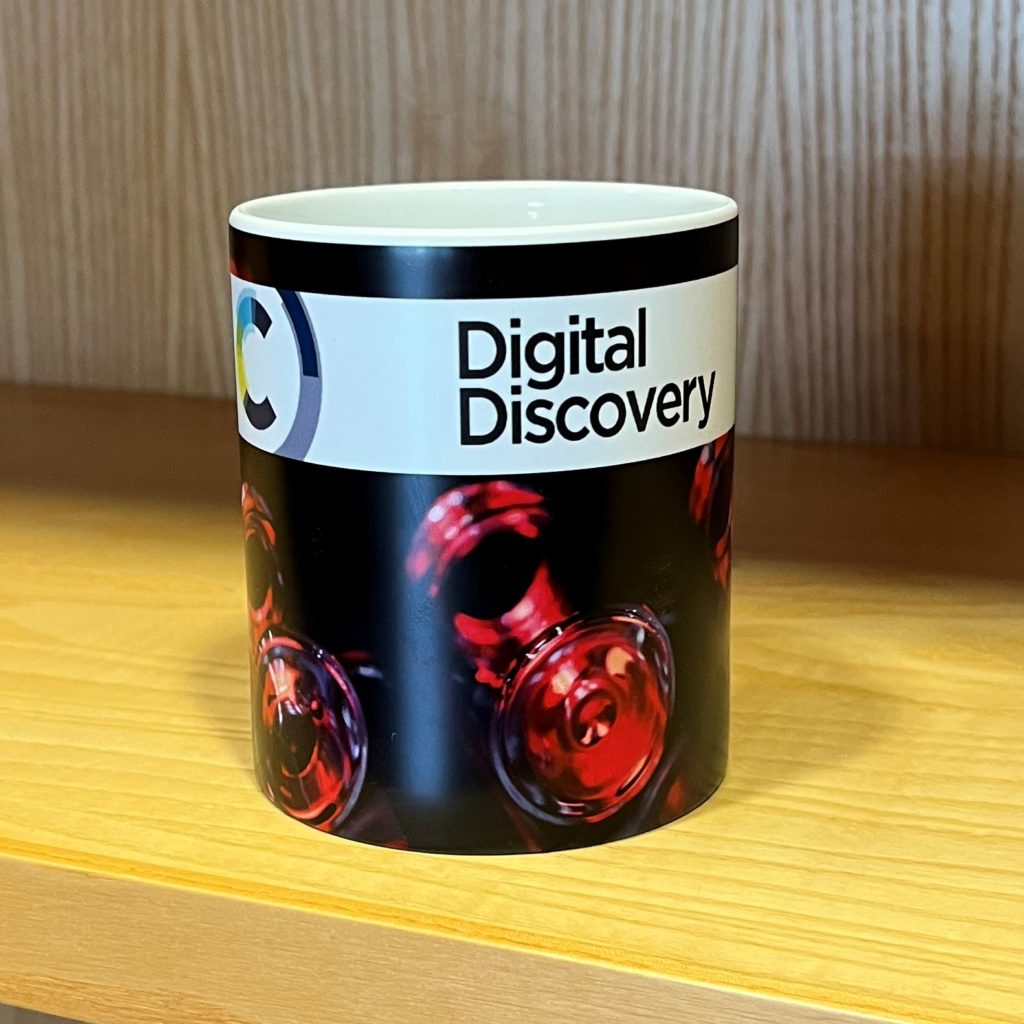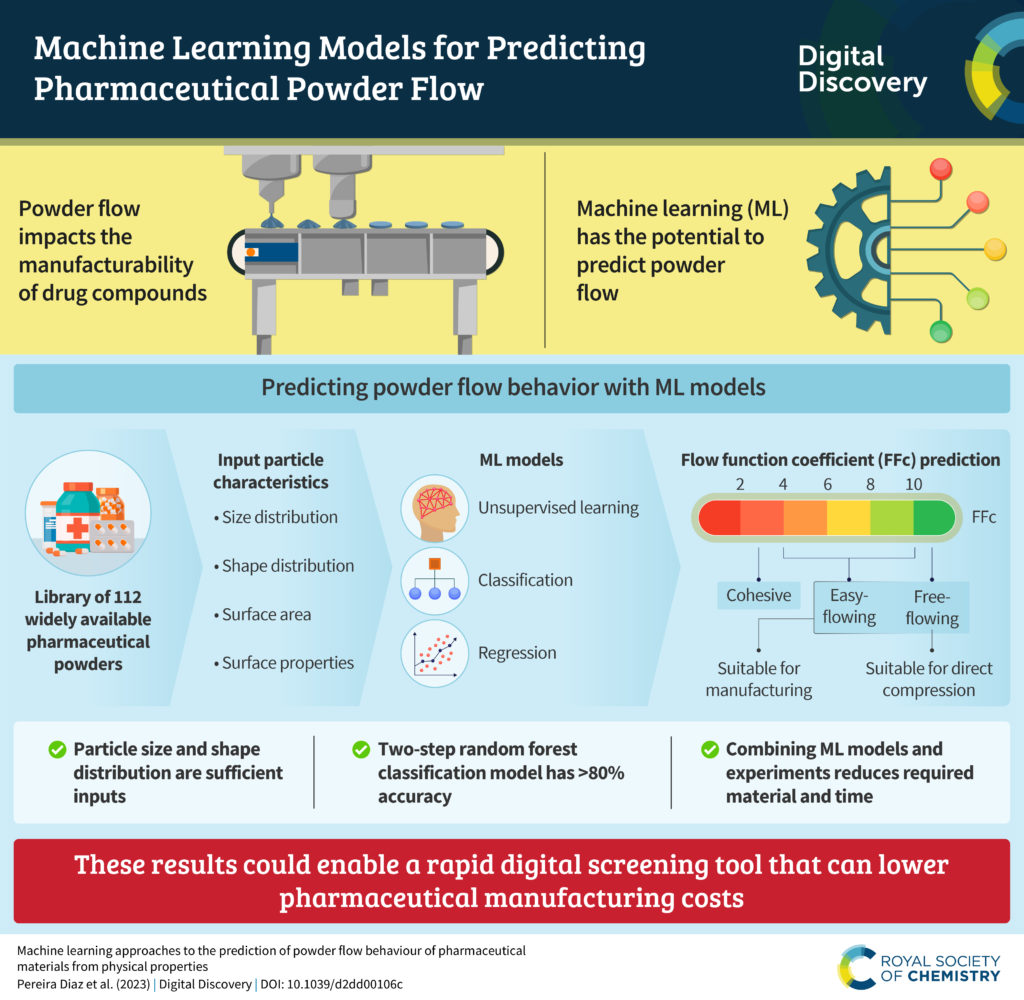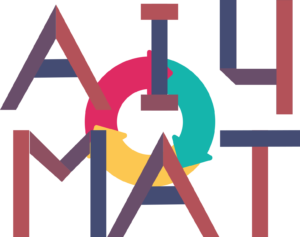In the fast-paced world of scientific research, staying abreast of the latest breakthroughs and innovations is crucial. The RSC, with journals like Digital Discovery, play a vital role in disseminating cutting-edge knowledge, and one of the ways we do so is by recognizing and celebrating outstanding contributions from the global research community. We are thrilled to unveil the winners of the Digital Discovery Outstanding Paper 2022 Award.
The selection process is rigorous, with the Editorial Board carefully evaluating each paper’s scientific merit and its potential to shape future research.
Without further ado, we are proud to introduce the winners of the Digital Discovery Outstanding Paper 2022 Award:
Vasileios Sergis and Claudiane M. Ouellet-Plamondon
Digital Discovery, 2022, 1, 645-657
DOI 10.1039/D2DD00040G
Winning this prestigious award is a remarkable achievement for Vasileios Sergis and Claudiane M. Ouellet-Plamondon, the authors of the winning paper. Their work on automating mix design for 3D concrete printing using optimization methods has not only garnered recognition but has also demonstrated its potential to advance 3D concrete printing technology.
In response to the news, Vasileios Sergis expressed his enthusiasm, stating, “Winning the Outstanding Paper Award 2022 is a moment of great importance, honour, and a deeply meaningful achievement for me.” He added, “This award serves as a strong motivator for continuous exploration and commitment to excellence in my academic journey. I am genuinely thankful for this award.”
Claudiane Ouellet-Plamondon echoed the excitement, emphasizing the timeliness of their research, stating, “The timing is great as we want to solve more challenges with machine learning (ML).” She highlighted the potential of ML in designing binder and concrete with a lower CO2 impact, emphasizing its importance in mitigating climate change.
Meet the Authors
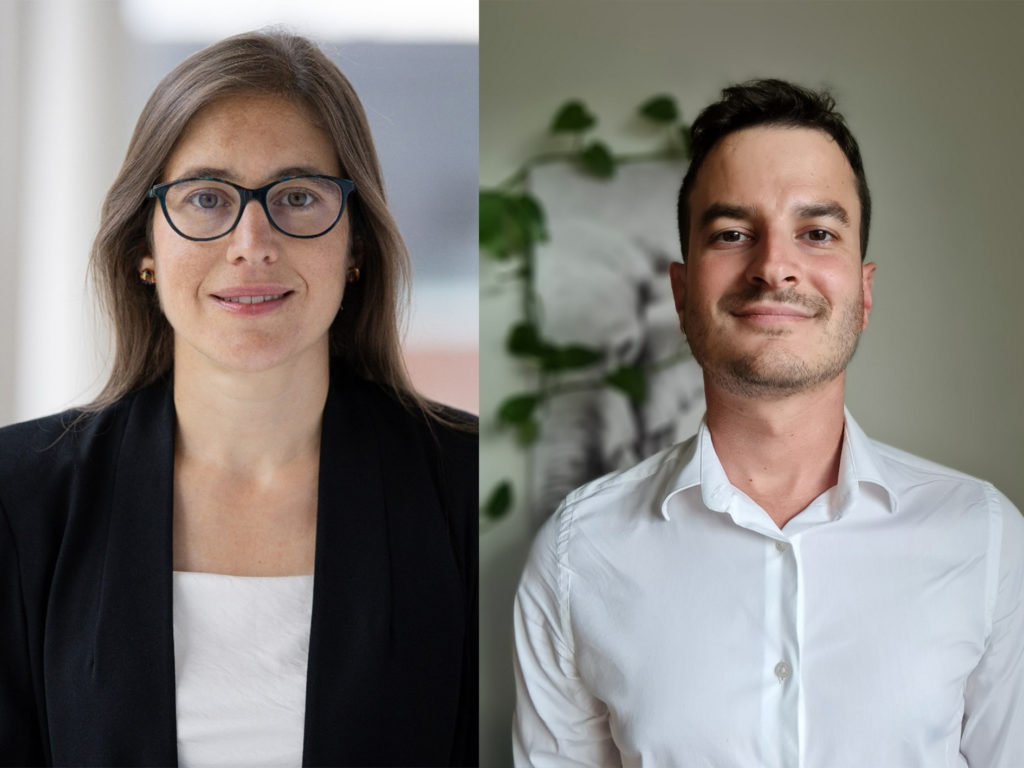
- Vasileios Sergis, PhD: A mechanical engineer specializing in automation, additive manufacturing, and artificial intelligence. He earned his bachelor’s degree in “Production Engineering and Management” from the Technical University of Crete, followed by a master’s degree in “Automation Systems” from the Technical University of Athens, where he delved into control system design, mechatronics, and robotics. His academic journey continued with a PhD in engineering at École de Technologie Supérieure – Université du Québec in Montreal, Canada, focusing on automating the development process of mortar mixtures and the quality monitoring of the layer deposition in 3D concrete printing technology by integrating statistics, artificial intelligence, optimization, and computer vision techniques.
- Claudiane Ouellet-Plamondon is a full professor in the Department of Construction Engineering at the École de technologie supérieure (ÉTS) in Montreal, Canada. She holds the Canada Research Chair in Sustainable Multifunctional Materials in the perspective of the ecological transition and the circular economy. She studied a bachelor of engineering at Dalhousie University, a master’s degree in biological sciences at the University of Montreal, a PhD in geoenvironmental engineering from the University of Cambridge. She was a postdoctoral fellow at ETH Zurich. Her research is on functional materials, robotic 3D printing of mortars, bio-based materials, earth construction, valorisation of industrial by-products in cement, concrete and other value-added materials, materials in a circular economy perspective, as well as the sustainability of buildings and cities. She firmly believes that modelling and artificial intelligence have become indispensable tools for designing advanced materials and understanding their behaviour.
For those eager to delve deeper into the award-winning research, Vasileios Sergis and Claudiane M. Ouellet-Plamondon will be presenting their findings in a webinar series scheduled for October. The exact date is yet to be defined, so be sure to follow @digital_rsc on Twitter for updates and details on how to join these insightful sessions.
The Outstanding Paper 2022 Award recognizes and celebrates excellence in digital science. We extend our heartfelt congratulations to Vasileios Sergis and Claudiane M. Ouellet-Plamondon for their outstanding achievement, and we look forward to the insights they will share in their upcoming webinar series. Stay tuned for more exciting discoveries in the world of digital science!
|
|
Digital Discovery is an international gold open-access journal. All article processing charges until mid-2024.
Sign up now to get updates on all articles as they are published on Twitter and in our e-alerts.
|
|
Comments Off on Digital Discovery Outstanding Paper Award 2022: Recognizing Excellence in 3D Concrete Printing
